What is Monocef 250 mg Injection?
Monocef 250 mg injection is a powerful antibiotic medication commonly used to treat a variety of bacterial infections. This injection belongs to the cephalosporin class of antibiotics, known for their effectiveness against a broad spectrum of bacterial strains. It is particularly useful in treating infections of the lungs, urinary tract, skin, bones, joints, and even the brain. Monocef 250 mg is typically administered in a clinical setting by a healthcare professional and is available only with a doctor’s prescription.
How Does Monocef 250 mg Injection Work?
Monocef 250 mg injection works by interfering with the bacterial cell wall synthesis, which is essential for the bacteria’s survival. The active ingredient, ceftriaxone, binds to specific penicillin-binding proteins within the bacterial cell wall. This binding action disrupts the formation of the bacterial cell wall, leading to cell lysis and death of the bacteria. As a result, Monocef 250 mg effectively eliminates the infection-causing bacteria from the body, allowing the immune system to recover and heal.
Uses of Monocef 250mg Injection
Monocef 250 mg injection is widely used for treating various bacterial infections. Some of the common Monocef 250 mg injection uses include:
- Respiratory Tract Infections: Monocef is effective against infections like pneumonia, bronchitis, and other lung infections.
- Urinary Tract Infections (UTIs): This injection is often prescribed for treating complicated and uncomplicated UTIs.
- Skin and Soft Tissue Infections: Monocef 250 mg can treat infections involving the skin and underlying tissues.
- Bone and Joint Infections: Conditions like osteomyelitis and septic arthritis are treated with this antibiotic.
- Gynecological Infections: Monocef 250 mg injection is also used in treating pelvic inflammatory disease and other gynecological infections.
- Meningitis: It works well to treat meningitis caused by bacteria, a dangerous infection of the brain and spinal cord.
- Sepsis: Monocef 250 mg is often used in the treatment of sepsis, a life-threatening infection that spreads through the bloodstream.
Side Effects of Monocef 250mg Injection
While Monocef 250 mg injection is highly effective, it may cause some side effects in certain individuals. It’s important to be aware of the potential Monocef side effects:
- Allergic Reactions: Some patients may experience allergic reactions, including rashes, itching, swelling, or difficulty breathing.
- Gastrointestinal Issues: Common side effects include diarrhea, nausea, vomiting, and stomach pain.
- Injection Site Reactions: Pain, swelling, or redness at the injection site is a possible side effect.
- Changes in Blood Counts: In rare cases, Monocef injection can cause changes in blood cell counts, including leukopenia or thrombocytopenia.
- Kidney Issues: Prolonged use of Monocef 250 mg injection may lead to kidney problems in some patients.
- Superinfection: Overuse or prolonged use of antibiotics like Monocef can lead to secondary infections or superinfections caused by resistant bacteria.
If any severe side effects occur, it’s essential to seek immediate medical attention.
Read More: Understanding the Basics of Viral Infections
Dosages of Monocef 250mg Injection
The Monocef injection dosage varies depending on the type and severity of the infection, as well as the patient’s age, weight, and overall health condition. The following is a general guideline, but exact dosage should always be determined by a healthcare provider:
- Adults: The typical dosage for adults ranges from 250 mg to 2 g per day, depending on the infection being treated. For severe infections, higher doses may be necessary.
- Children: The dosage for children is generally based on body weight, usually ranging from 50 to 100 mg per kg of body weight, divided into multiple doses throughout the day.
- Elderly Patients: Dosage adjustments may be necessary for elderly patients, particularly those with renal impairment.
Monocef 250 mg injection is usually administered intramuscularly or intravenously. It’s crucial to complete the entire prescribed course, even if symptoms improve, to prevent the development of antibiotic-resistant bacteria.
Here are Some Alternative Dosages for Monocef:
Conclusion
When you choose Monocef 250 mg Injection from 24×7 Pharma, you’re opting for a solution trusted by countless individuals across the globe. Embrace the confidence that comes with knowing you’re in good hands, with fast delivery and a wide range of infection-fighting medications at your fingertips. Always consult your healthcare provider to ensure Monocef is the right treatment for your condition.
At 24×7 Pharma, we understand that your health can’t wait. That’s why we’re committed to offering fast, reliable delivery, so you can access essential medications like Monocef 250 mg without delay. As a cheap online pharmacy, we provide affordable access to life-saving medicines, ensuring you never have to compromise on your health.

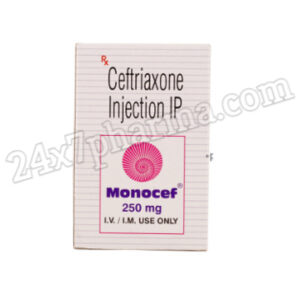
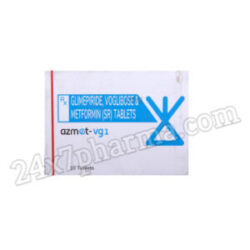
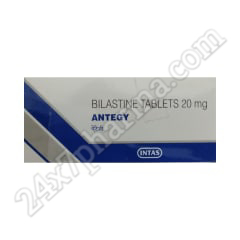

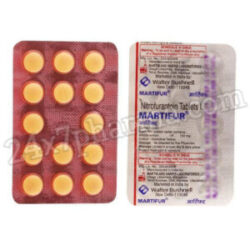
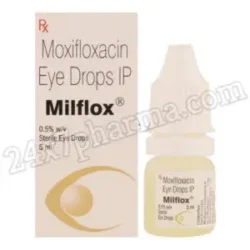
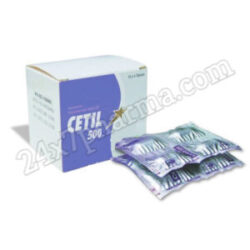
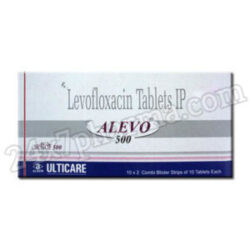
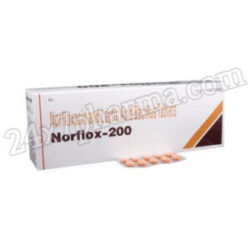
Reviews
Clear filtersThere are no reviews yet.